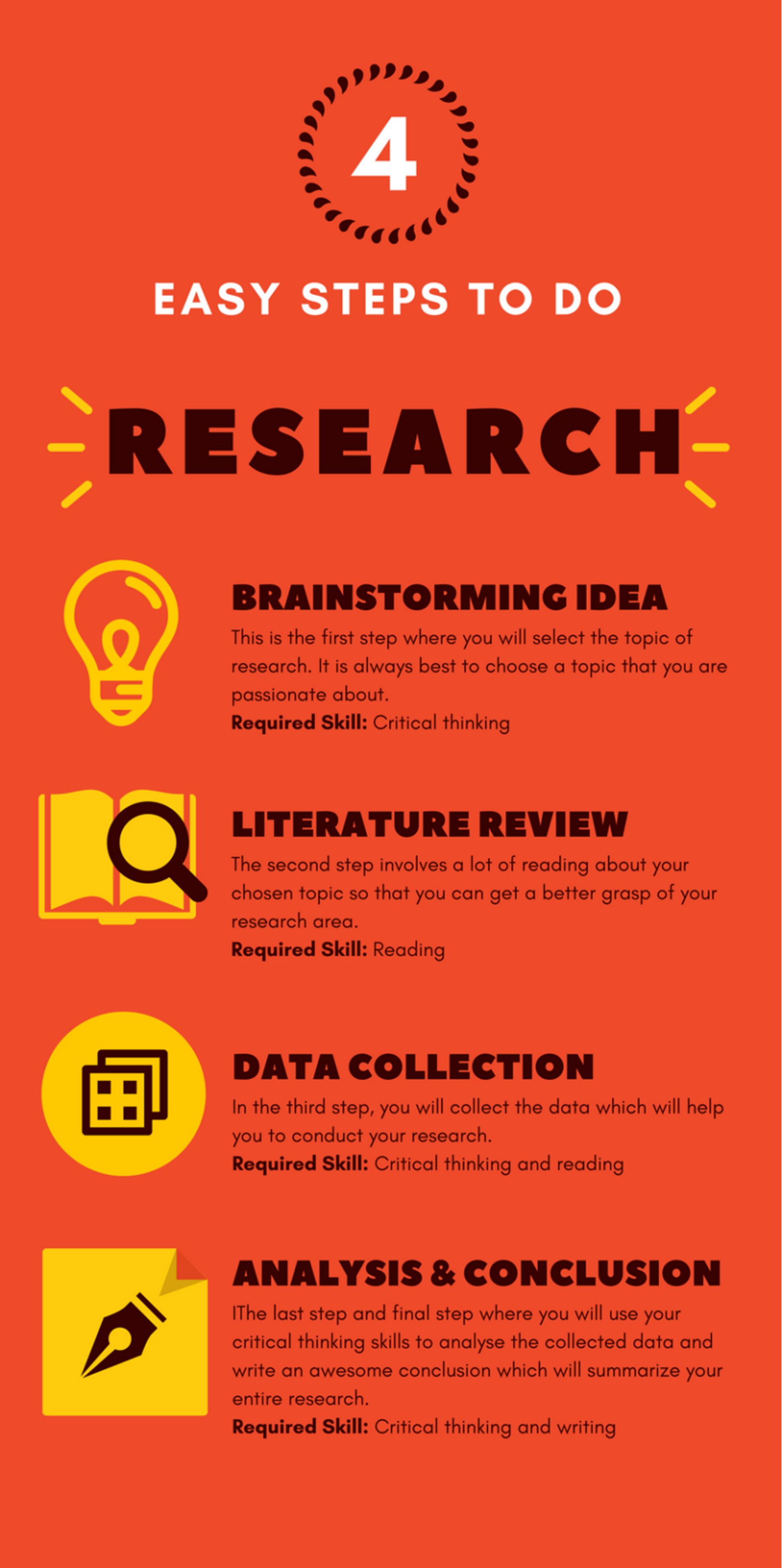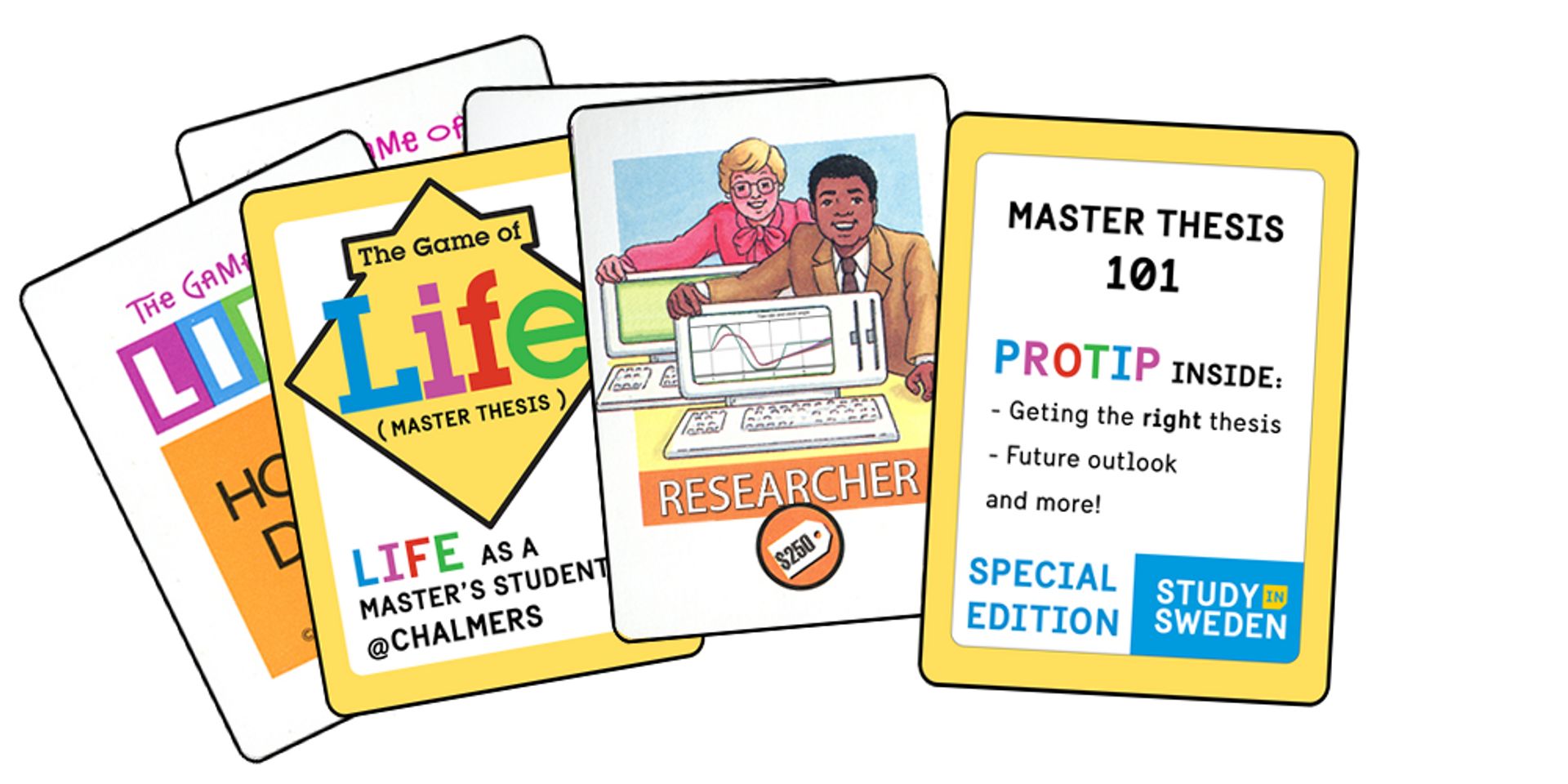
Written by Raeed
15 Apr 2018
What is research
If someone asked me seven months back to associate few words with education, then I would say textbooks and exams. Memorize the answers from the textbooks and spill it on the exam papers and Voilà, you will get a decent grade. After coming to Sweden, I shivered in the cold, got a bit sad because of the darkness in the winter season and missed home cooked meals, but the thing that took me by surprise the most is the way Swedes approach education. Here seeking knowledge, researching and critical thinking are more important than just to pass a course.
Research comes from the French word “recherche,” which means “to go about seeking”. From the definition of research, we can see that the emphasis is on seeking and exploring the unknown rather than blindly accepting what is already there. So, you are not accepting what is written in the textbooks or lectures blindly but seeking more knowledge on that topic to validate not only the knowledge but also add something new to that topic. This method of education system helps, you to think critically and critical thinking leads to generation of new ideas and innovation. Sweden ranks 2nd in the global innovation index; this did not happen overnight. The research mindset of the Swedes helped them to achieve this stat.
4 easy steps to do research
When you are writing an academic paper, you need to follow a research method. In this blog, I am not going to go in-depth about the research method, but I will give you 4 easy steps to do research which you can apply in your academic and personal life as well. The first step is brainstorming, where you think about a topic that you want to write about. While selecting a topic, I think it is better to choose a topic that you are passionate about. For example, the topic of research really fascinates me, and that’s why I have decided to write this blog on how to do research in Sweden. The next step is literature review where you will read articles related to the topic that you have chosen to get a better understanding of the topic and what has been written on this topic previously. This step helps you not to write something which has been already written before and helps to add additional value to the topic of your interest. For example, before writing this blog, I went through other blog posts written in the area of research and referenced them here. The third step is to collect data for analysis, after reading a lot of literature you will get a firm grasp of the topic, but all the information is not relevant for the topic you have chosen, so you need to collect data which can help you in the research process. The fourth step is to analyse the data where you will use your critical thinking ability to make sense of the data you have collected and support your research topic. After the analysis you will write the conclusion where you will summarize the whole work. As mentioned before this is a very simplified version of doing research so that you can get an idea how research works, the method can vary depending on your subject and what kind of research you are doing. You can read more about different type of research methods in this blog.

How to get better at researching
Everyone is not lucky enough to be born and raised in a society like Sweden where questioning, researching and critical thinking are encouraged from an early age. As I have mentioned before, I am coming from a background where I focused on learning the answers from a textbook rather than searching for the answer or questioning the existing answers. That does not mean you can’t get better at research, I have written few tips from my personal experience below that can help you to get better at researching.

Enhancing reading skill
If I am very honest with you guys, I was not an avid reader. I read occasionally, and my reading speed was awfully slow. I improved my reading skills by incorporating skimming and scanning technique. These two techniques can help you to go through a lot of articles within a short period and you will be able to identify relevant information that you can use in your research paper. Also, read this blog where Tim Ferris mentioned step by step guide to improve your reading skills.
Enhancing writing skill
Academic writing is different from everyday writing, and I learned this lesson in a hard way since I write the way I speak (This blog is a living proof of that. Sorry but not sorry). But don’t worry you can also improve your academic writing skills. I developed my vocabulary by reading magazines like Wall Street Journal, National Geographic, Scientific American and other scientific magazines and journals. Enhancing your vocabulary can dramatically improve your academic writing because then you will not use the same words repeatedly in your research article. You can also use free softwares like Grammarly to check if you have done any grammatical mistakes or not.
Enhancing critical thinking skill
Finally enhancing your critical thinking skills are essential to be a better researcher. The first step towards critical thinking is questioning rather than accepting a statement on the face value. Critical thinking will also help you to identify facts in this world of fake news. You can follow the strategies mentioned in this blog to enhance your critical thinking skills.
Practical use
Once you have adopted this research mindset, you can apply this skill in your everyday life whether you are buying a new laptop or trying out a new restaurant. Rather than blindly follow someone’s opinion about a laptop or restaurant, you can do your research and find out which computer suits your need the best.
Hopefully, this blog will help you to be a better researcher 🙂






